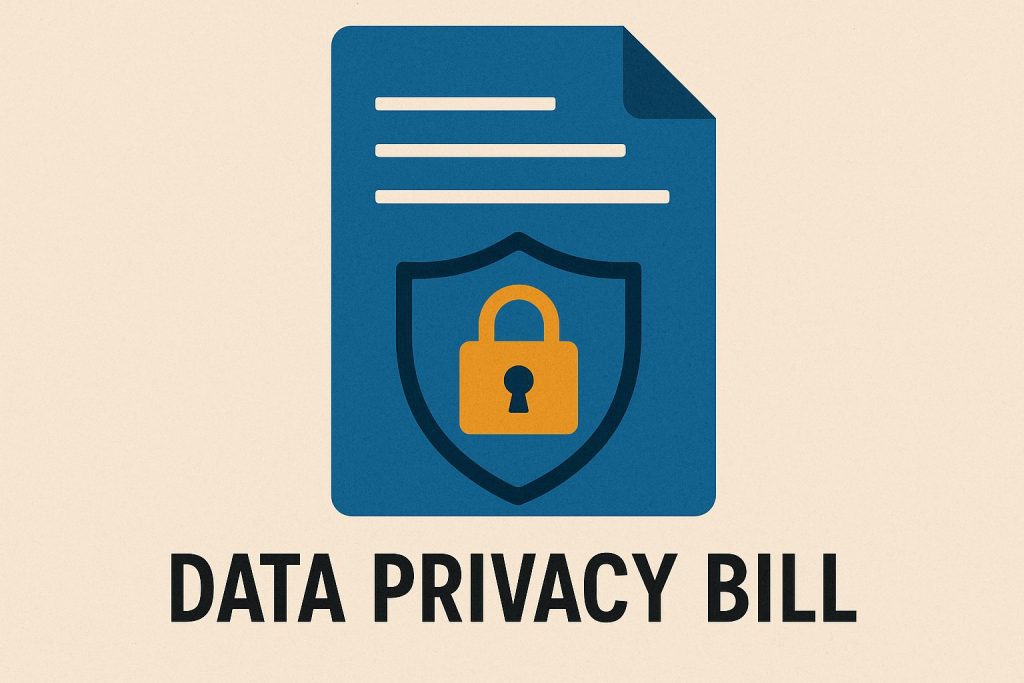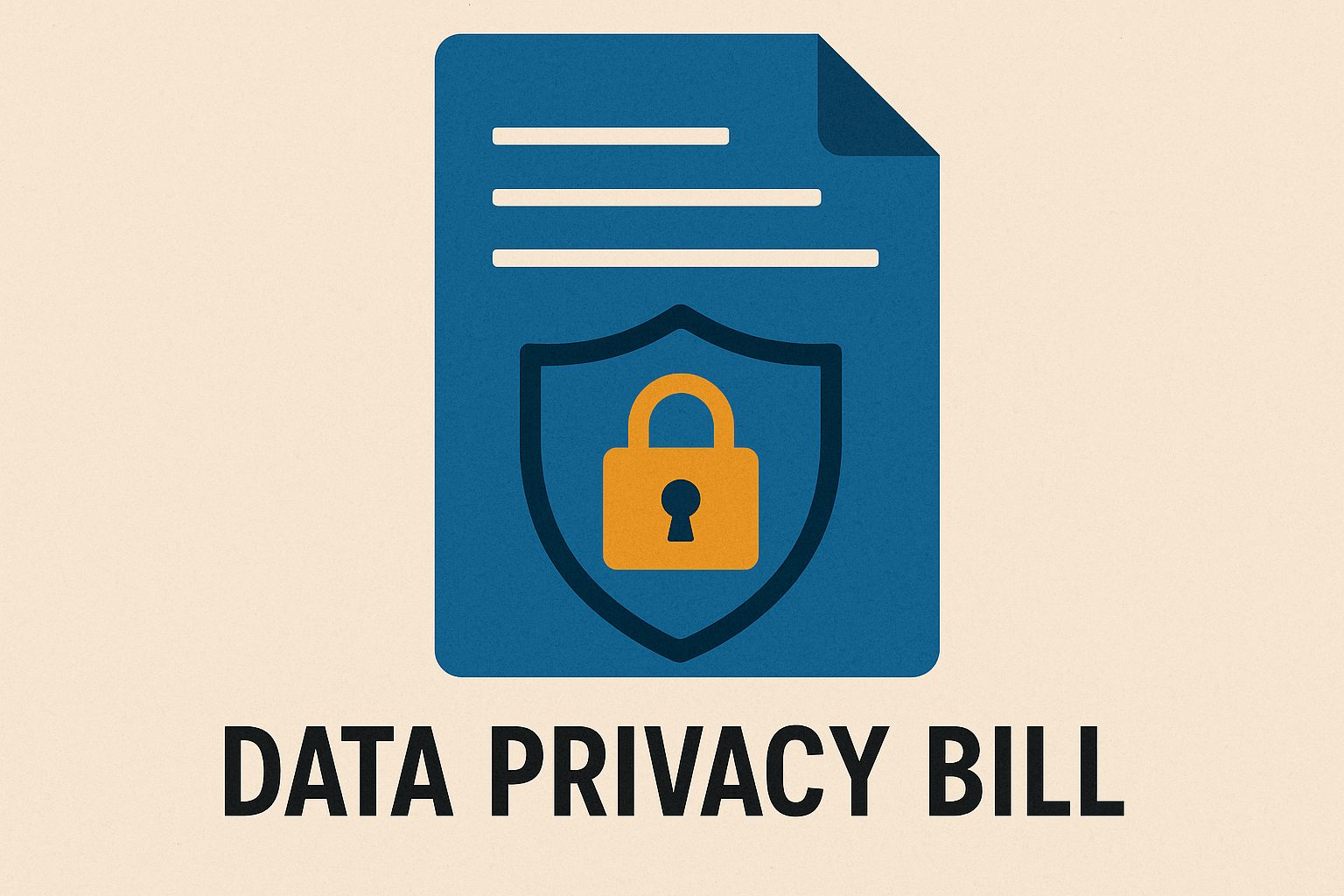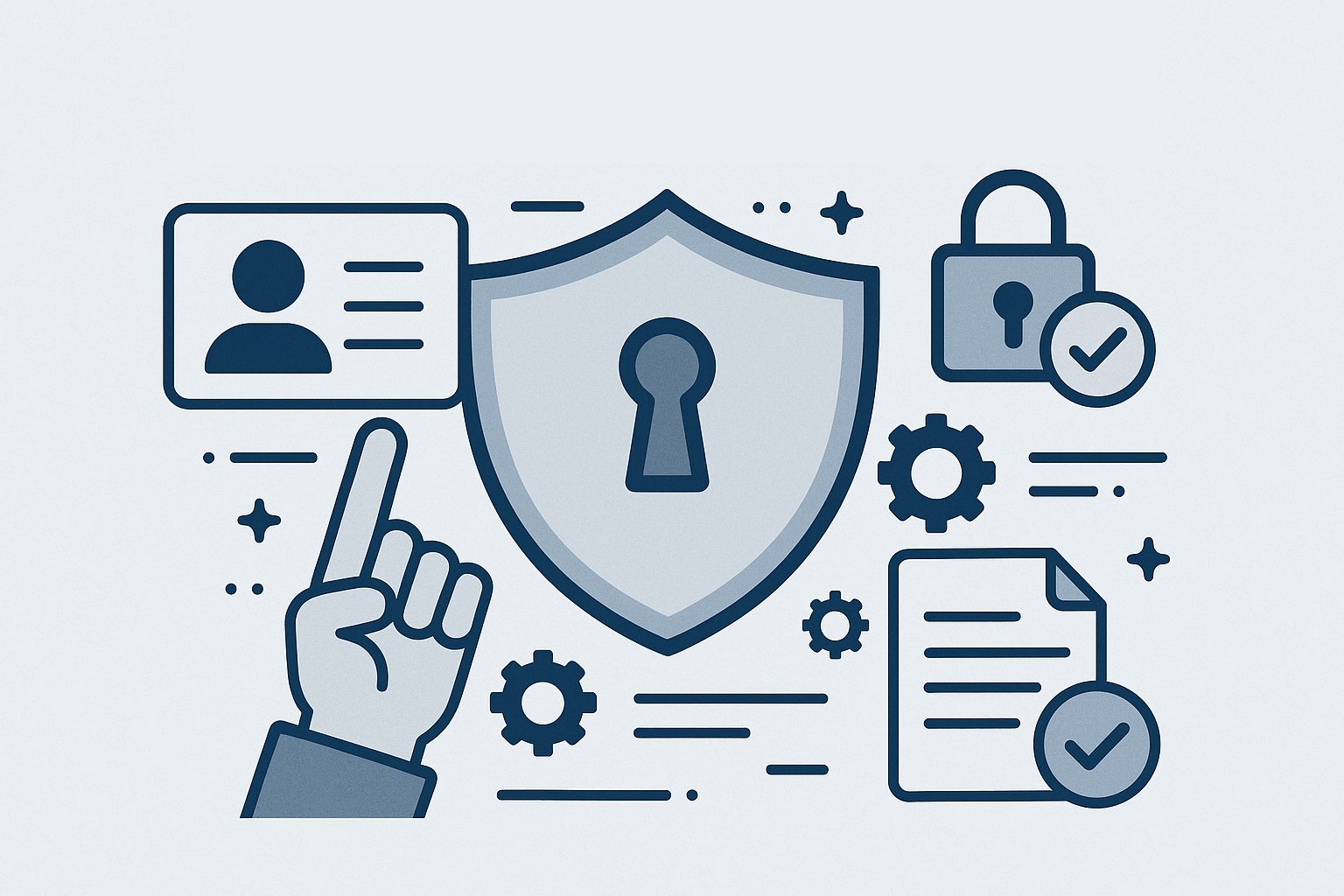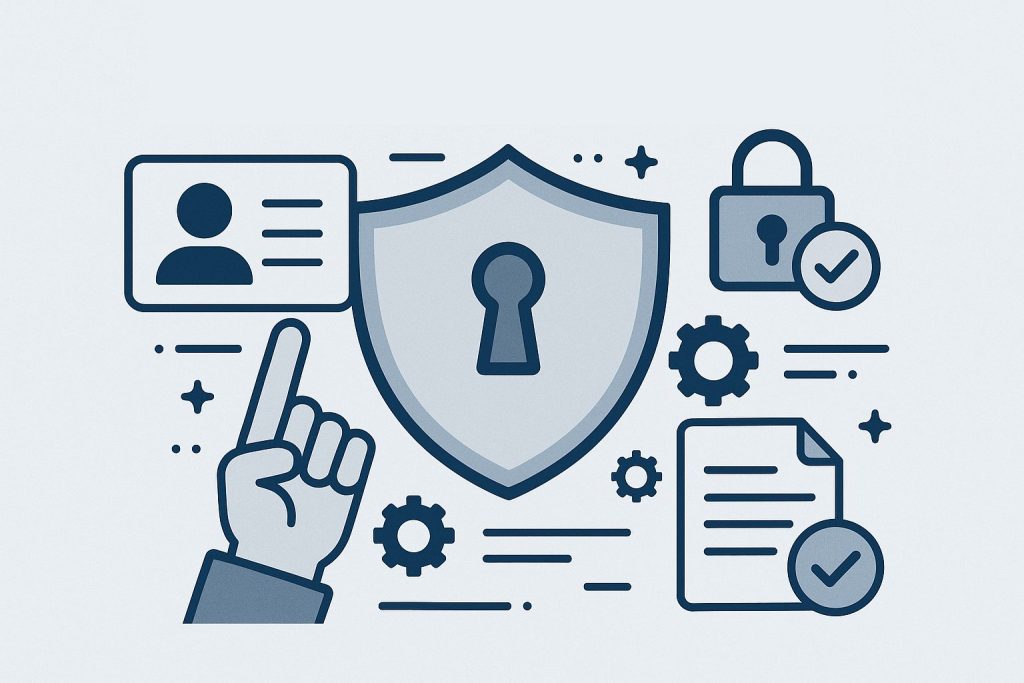
California continues to lead the nation in digital privacy protection, and the new California Data Privacy Bill AB 566 is another step toward stronger user data control. As privacy laws evolve, companies operating in or serving customers from California must understand how this bill changes the data landscape. In this article, we’ll break down what AB 566 is, how it affects businesses, and what steps can be taken to stay compliant without compromising on growth or innovation.
What Is California Data Privacy Bill AB 566
California Data Privacy Bill AB 566 is designed to update and enhance existing privacy frameworks, making data handling more accountable and transparent. Building on previous legislation like the California Consumer Privacy Act (CCPA) and the California Privacy Rights Act (CPRA), AB 566 focuses on tightening how organizations collect, store, and share user data. Its main goal is to give consumers even greater control over their personal information, ensuring that data processing practices are both ethical and clearly communicated.
The bill introduces additional disclosure requirements regarding how companies manage user data, particularly when it comes to data sharing with third parties. It also pushes for stronger consent mechanisms and shorter data retention periods. By doing this, AB 566 aims to reduce unnecessary exposure of personal information while maintaining the flexibility businesses need to function effectively.
AB 566’s reach extends beyond California-based companies. Any organization that handles data related to California residents must comply with its provisions, regardless of its physical location. This makes it crucial for businesses across the U.S.—and even globally—to stay informed about California’s latest privacy developments, as these regulations often shape national and international privacy standards.
Key Changes and Impact of AB 566 on Businesses
Under AB 566, businesses must adopt stricter data protection measures, which can initially feel challenging but can lead to long-term trust and brand loyalty. One of the most significant changes is the requirement for clearer user consent and more accessible privacy notices. Companies must provide transparent summaries of how data is collected, used, and shared, ensuring users can easily understand what’s happening with their information.
Another key shift focuses on accountability. Companies now need to demonstrate that they have effective technical and organizational measures to protect consumer data. Security audits, encryption implementations, and better access control systems become essential parts of operational compliance. For small and medium businesses, this means investing in cybersecurity infrastructure and employee training to prevent data misuse and breaches.
The impact of AB 566 on marketing and advertising cannot be ignored. Businesses that rely on data-driven advertising will need to adjust targeting strategies, using compliant consent systems and anonymized data where possible. Although this could initially restrain data collection operations, companies that adapt early may gain a competitive advantage by building greater consumer confidence and improving SEO ranking through trustworthy business practices.
How to Stay Compliant With California AB 566
To stay compliant with AB 566, businesses should start with data mapping—a clear overview of what data they collect, where it’s stored, and how it’s processed. This foundational step helps identify potential vulnerabilities and ensure that only necessary data is retained. Companies should also revisit their privacy policies, making them straightforward, concise, and accessible, which not only helps with compliance but also improves website user experience.
Implementing robust cybersecurity measures is another critical step. This includes multi-factor authentication, secure data encryption, and continuous monitoring of unauthorized access attempts. Employee education is key as well; every team member who handles personal information must understand compliance obligations and security best practices. Regular internal audits will help ensure alignment with AB 566 requirements as the law evolves.
Staying informed about updates from the California Privacy Protection Agency (CPPA) will help businesses adapt quickly to any amendments or guidance. Partnering with legal advisors or privacy consultants can also be a smart investment, especially for organizations dealing with high volumes of consumer data. Compliance should not be treated as a one-time task but as an ongoing process integrated into the company’s data management lifecycle.
Frequently Asked Question
Q: Does AB 566 replace the CCPA or CPRA?
A: No, AB 566 does not replace previous laws but builds upon them, strengthening certain obligations and clarifying consumer rights.
Q: Who must comply with AB 566?
A: Any business that processes personal information of California residents, regardless of where the company is located, falls under the scope of AB 566.
Q: What happens if a company fails to comply?
A: Non-compliance can lead to significant fines, reputational damage, and potential lawsuits from both regulators and consumers.
California’s Data Privacy Bill AB 566 marks another crucial step in enforcing digital accountability and user empowerment. For businesses, it signals the need to modernize data handling frameworks and strengthen cybersecurity measures. Companies that embrace compliance early will not only avoid penalties but also build stronger trust with consumers—turning privacy protection into a key growth advantage in an increasingly data-conscious marketplace.


